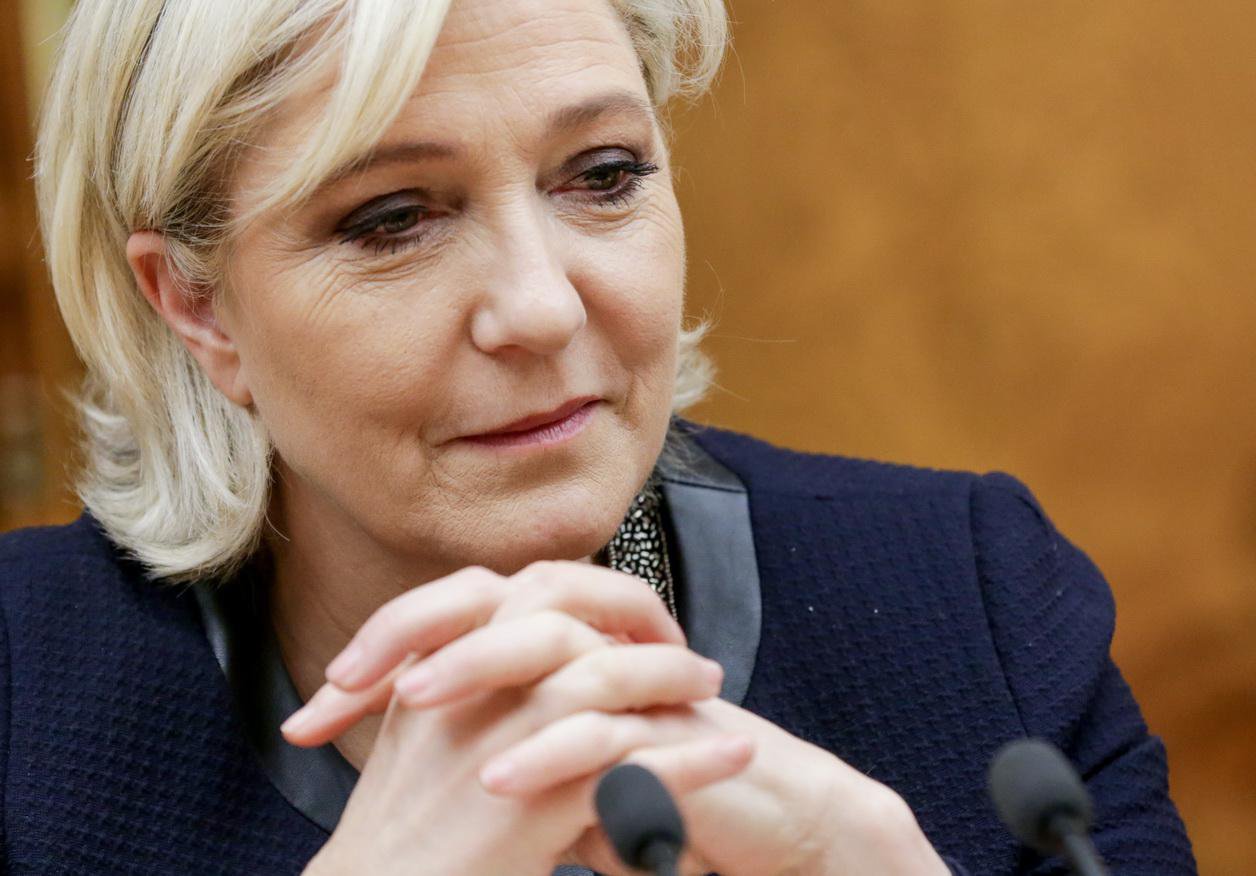Fred Weston continues his series on the crisis in Greece by looking at the question of productivity. Having joined the euro in 2001, the Greek economy cannot compete on the basis of its level of productivity against the stronger European capitalist economies, such as Germany. Instead, it must seek an “internal devaluation”. This is the meaning of austerity.
Greece joined the European Union in 1981 and adopted the euro in 2001. What impact did these two events have on the Greek economy? Within the general boom conditions across Europe pre-2007, Greece also boomed, but this hid the real underlying weaknesses of the Greek economy, in particular its declining productivity.
From around 1980, more or less the period Greece joined the EU, the Greek economy stagnated, with its GDP in 1987 about the same size as it had been in 1979. In the 1960s and 1970s Greek GDP per capita relative to levels in the rest of the EU had been catching up, but by the mid-1980s it had dropped back to pre-1960s levels. In the same period the productivity of labour also stagnated.
The loss of competitiveness of the Greek economy continued into the 1990s and 2000s. Prior to adopting the euro in 2001 Greece could periodically make up for its lower productivity, and thus weak competitiveness, by devaluing the Drachma and making its goods cheaper on foreign markets. Entry into the euro put an end to this.
It is important to understand this question, as joining the euro meant that the weaknesses of Greek industry in particular were laid bare, having to compete with much more competitive economies, such as Germany. What this meant was that when the world crisis erupted in 2008, Greece was far more exposed and suffered much more than its EU partners.
In the first ten years after joining the euro competitiveness of the Greek economy fell significantly. One way of measuring competitiveness is to look at the evolution of “Unit Labour Costs”, which is in line with the Marxist concept of the “socially necessary labour time” to produce goods. The less time it takes to produce one unit of production, the less wages are spent on that unit. Profitability, of course, also depends on wage levels. A combination of reducing necessary labour time and wages produces significant increases in profits.
There have been different calculations to work out the fall in competitiveness of the Greek economy and these vary greatly. According to figures of the Bank of Greece, the Greek economy between 2000 and 2009 suffered a 27% fall in its competitiveness, while the IMF calculates that it was 9%. If we look at figures from the OECD, Eurostat, the ECB, Bank of Greece and the IMF, we get the figure of 19%. This is a significant statistic in understanding what has happened to Greece in the past fifteen years.
If we look at Eurostat and other sources for Greek “Nominal Unit Labour Costs” when compared to 35 of Greece’s main trading partners, we see that between 2000 and 2009 there was a 20% increase – more or less in line with its loss in competitiveness. This explains the problems of the Greek economy in terms of its ability to export into the EU.
Unit labour costs in Greece increased significantly in the agricultural sector, making it extremely uncompetitive, and this also explains the serious problems faced by Greek farmers, who earlier this year launched a movement of an insurrectionary character, descending on Athens with tractors and other farming machines. In industry Unit labour costs increased less, but still they went up by at least 10%. In these conditions, in the same period (2000-2009) the prices of Greek industrial agricultural and industrial goods went up by 30% compared to Greece’s main trading partners.
Compare this to the position of Germany. In the period 1997-2010 real wages in Germany actually fell by 10%, while hourly productivity increased by around 8%. This resulted in a reduction of 25% in the unit labour costs [Source: EU Commission], making German goods highly competitive.
Bourgeois analysts who look at the Greek situation see a solution coming from the continued depression of the economy – and the high unemployment that goes with it which in turn puts pressures on wages – combined with what are euphemistically described as “labour market reforms”, i.e. laws that actually cut real wages, flexibilise working conditions, making it easier to sack workers, and so on. Thus, what is a nightmare for Greek workers is seen as the “solution” for the capitalists.
As we have seen, in the past in similar conditions, the Greek government could have devalued the Drachma, thus lowering the price of Greek exports on the world market. But as they cannot devalue externally, now all the talk is of an “internal devaluation”.
What is an “internal devaluation”? Its definition is: regaining competitiveness by lowering wage costs and increasing productivity, without changing the exchange rate. To increase productivity, investment is required on the part of the capitalists. In a sluggish market, capitalists tend to lower investments or not invest at all. This means everything has to be achieved by cutting labour costs through wage cuts.
The kind of internal devaluation required to bring Greece back up to the levels of competitiveness it had prior to joining the euro is in the order of 30%. In plain language this means an overall cut in real wages of 30%, and this simply to get back to the pre-2001 level. In the economic climate of today, where all capitalist countries are attempting to carry out internal devaluations, the cut in wages would have to be much higher.
Wage cuts in Greece are real and they are having the effect of pushing the economy further into depression. In one of my previous articles, we saw the sharp falls in supermarket sales, with a fall in all sectors. The more they cut wages, the more the internal market falls. This explains why Greece has seen a 25 per cent fall in its GDP since 2007.
The solution for Greece that all bourgeois economists envisage is for the country to “export its way out of the crisis”. To make up for a fall of 25% in its GDP Greece would have to massively increase its exports. The fact is that the European market is stagnating, and in some countries it is contracting. There is a race to the bottom to see who can cut labour costs the most. All of them want to cut labour costs and increase exports. The problem is that when they are all doing this, the wider European and world markets contract. And in a contracting market it is the most competitive that survive. That means Germany continues to push its “partners” out of the market. On top of this there is the added pressure from producers like China.
In these conditions, the Greek state will not find it possible to reduce its burden of debt. While its economy contracts, and revenues fall, its debt continues to balloon. This is an impasse and means that default is a concrete possibility that will come about at some point.
It is this that explains the intense class struggle we have seen in Greece in this period, with around 40 general strikes and many mass protests. It reflects the attempts of the Greek working class to defend itself against this onslaught. And there can be periods of disillusionment as their struggles produce no concrete results, but inevitably as the pressure continues the class struggle will keep resurfacing. In the process, workers and youth will learn that there is no solution to this nightmare on a capitalist basis.






